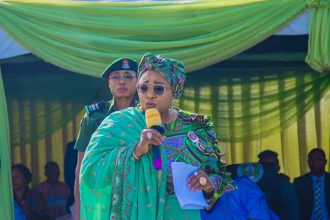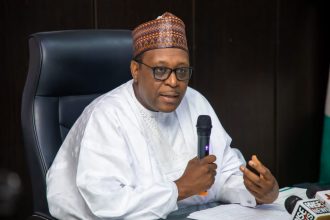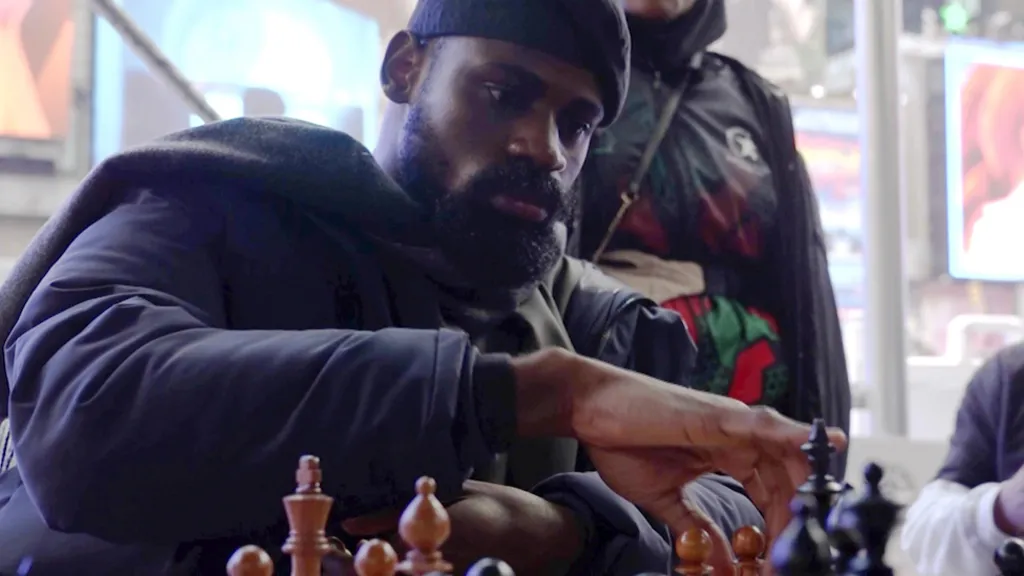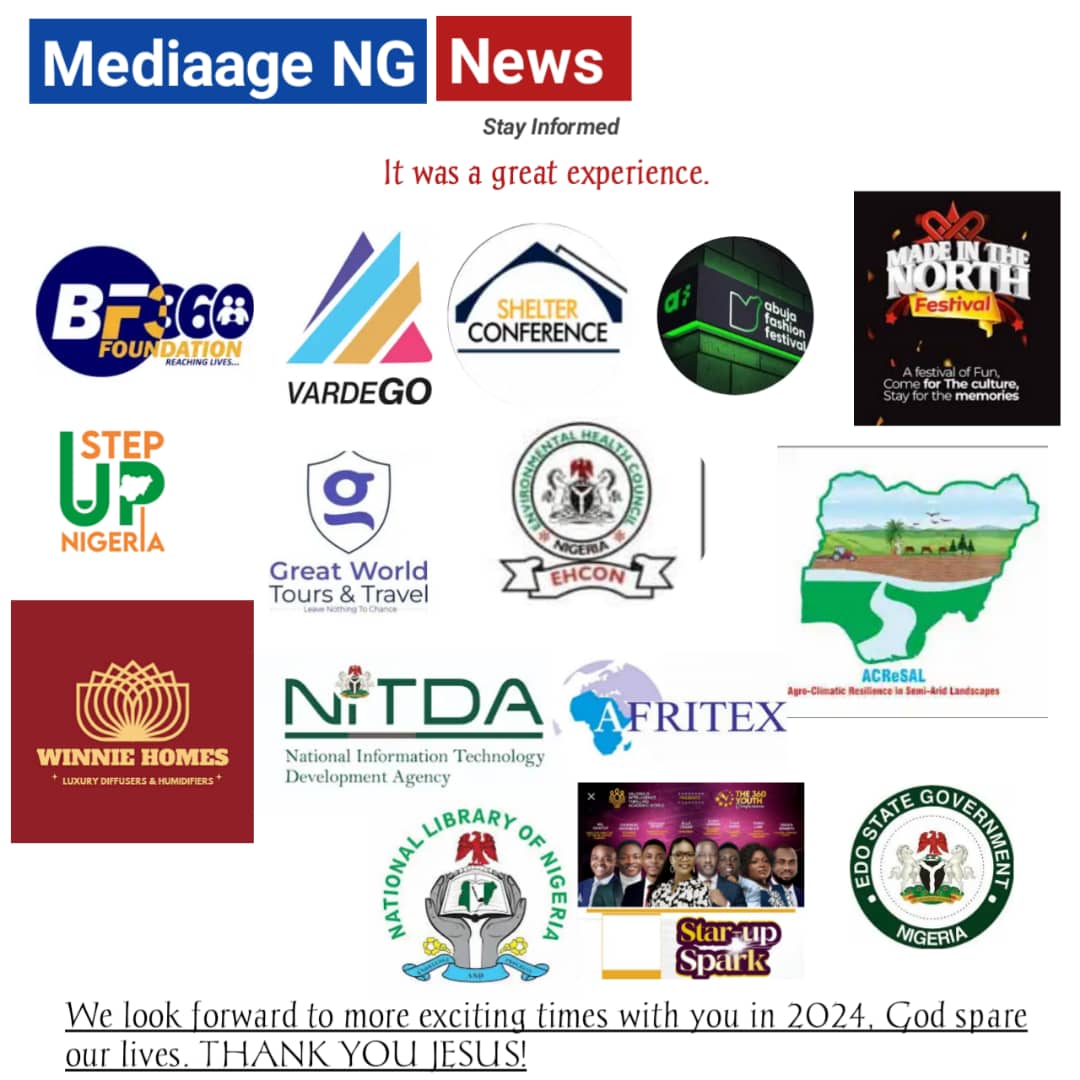Hundreds of supporters, including Afrobeats singer, Davido have turned up to cheer Nigerian chess master, Tunde Onakoya as he attempts an ambitious challenge to break the record for the longest chess marathon.
While aiming to play for 58 consecutive hours and raise $1m (£805,000) for charity in the process, he said the money will support chess education for millions of kids.
The Nigerian community in New York has rallied behind their compatriot, providing Mr Onakoya with music and energising him with supplies of classic Nigerian dishes, including the beloved national staple, jollof rice.
Back home in Nigeria, people are throwing their support behind Onakoya as they watch him try to conquer the record on Twitch, a video-streaming service.
“Mr Onakoya is a symbol of excellence and resilience that distinguish Nigerians both at home and abroad… Go, make history, and inscribe our name in gold,” Nigeria’s Vice-President Kashim Shettima posted on X.
“Lagos is rooting for you,” Lagos state governor Babajide Sanwo-Olu told Onakoya, adding that his attempt was “a powerful testament to how greatness can emerge from anywhere”.
By 03:00 on Friday New York time (07:00 GMT), Mr Onakoya had played for 39 hours and raised more than $42,000.
After crossing the halfway point, he said achieving the record was “looking possible now”.
He is set to play until at least 20:00 New York time on Friday, which will see him clock 58 hours and surpass the world record, recognised by Guinness World records, of 56 hours, nine minutes, and 37 seconds, which was set by Norwegian duo Hallvard Haug Flatebø and Sjur Ferkingstad in 2018.
Mr Onakoya, 29, credits chess with saving him from the overwhelming poverty he faced growing up in Lagos’s infamous floating slums.
His NGO, Chess in Slums Africa, teaches children from poor communities chess and helping them with their education.
Mr Onakoya is also a board member of the US non-profit The Gift of Chess, which works to transform lives through chess and is targeting to distribute one million chess sets to underserved communities by 2030.






